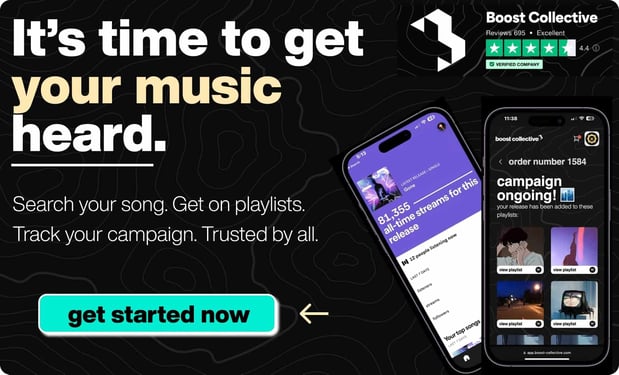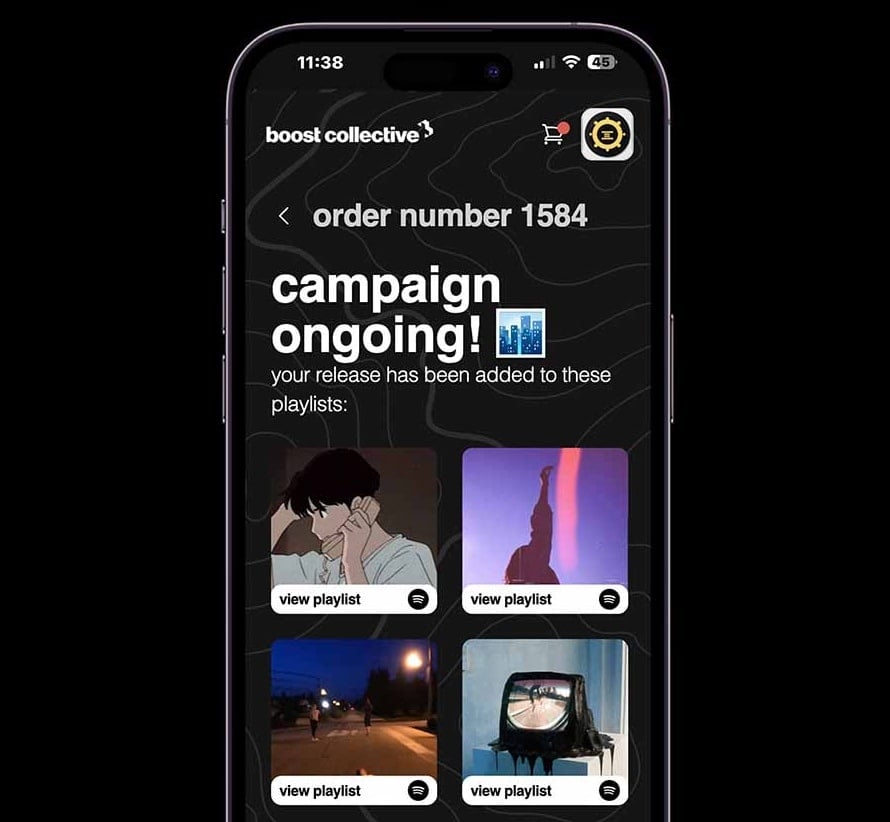Overview

Are you an independent artist trying to break into the music industry and make a name for yourself?
Have you been wondering about music licensing and how it can benefit your music-licensed career?
You've come to the right place.
Introduction
The whole music publishing industry can be a difficult one to navigate, especially for independent artists. With so many different types of licenses available, it can be challenging to know which ones you need and how to obtain them.
However, music licensing is a crucial aspect of protecting and monetizing your own music library.
In this feature, we will provide an overview of music licensing for independent artists.
We will discuss the different types of licenses available, why they are important, and how to obtain them.
By the end of this feature, you will have a better understanding of the music licensing master recording process and how it can benefit your career as an independent artist.
What Is Music Licensing?
Music licensing refers to the process of obtaining permission to use copyrighted music for commercial purposes.
This permission is typically granted by the copyright owner or their authorized representative in exchange for payment of a fee or royalty.
There are various types of music licenses that can be obtained, depending on the intended use of the music.
For example, a synchronization master recording license is required to use music in a film, TV show, or video game, while a performance license is needed for public performances of music, such as in a concert or on the radio.
Music licensing can be a complex and often confusing process, as there are different types of rights holders involved, such as songwriters, publishers, and recording artists, each with their own set of rights and licensing requirements.
It is important to understand and adhere to the terms of the licenses obtained to avoid potential legal issues and financial penalties.
Importance Of Music Licensing For Independent Artists
Music licensing is the process of granting permission to use a piece of music for a particular purpose, such as in a film, TV show, commercial, or video game.
It is an essential aspect of the music industry, particularly for independent artists who may rely on music licensing sites for opportunities to generate income and increase exposure for their work.
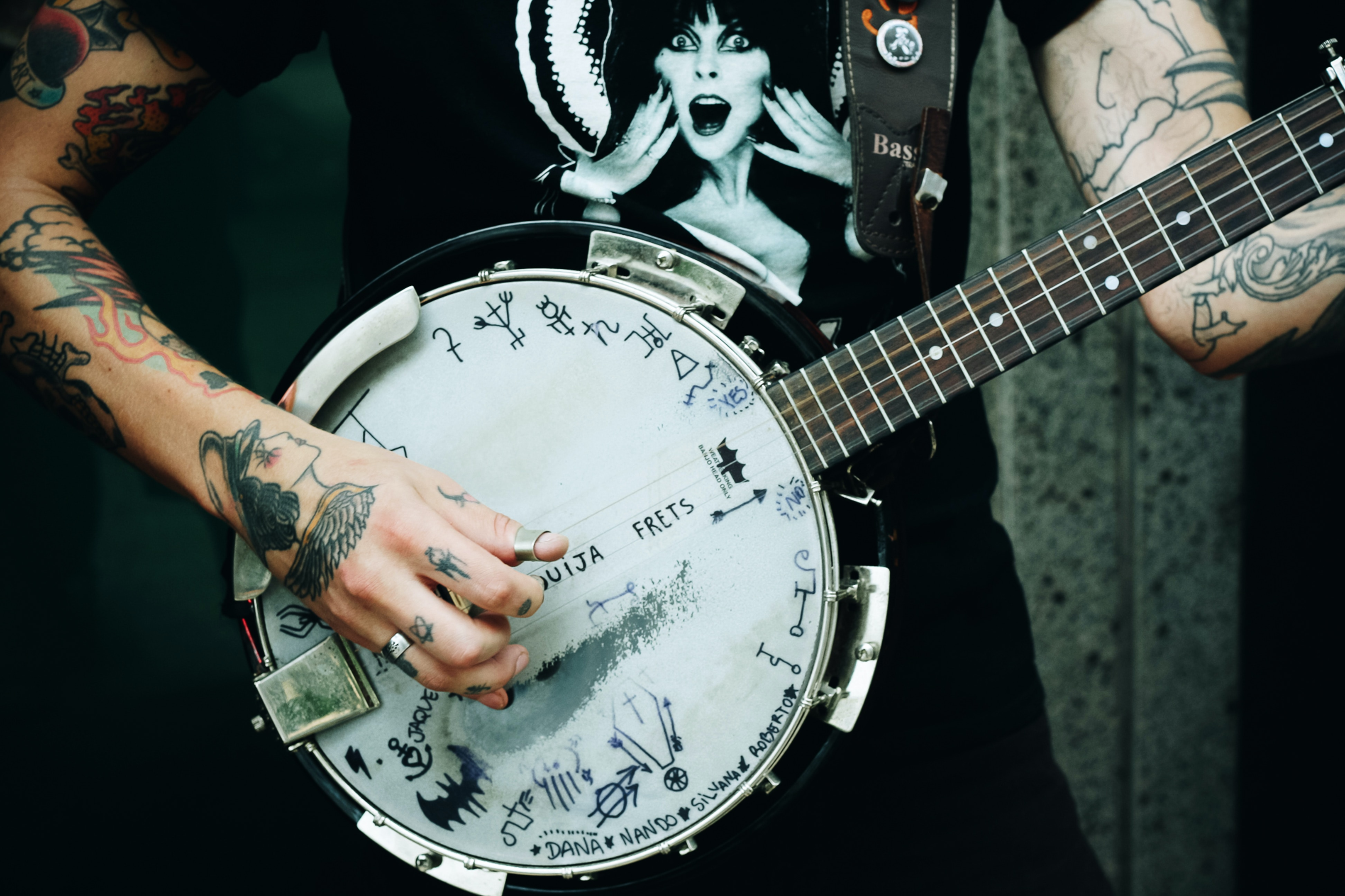
Here are some reasons why music licensing is crucial for independent artists:
-
Generates Revenue: Licensing music can provide independent artists with a reliable source of income. When a piece of music is licensed, the artist earns a fee for its use, which can help support their career and fund future projects.
-
Increases Exposure: When an independent artist's music is licensed for use in a film, TV show, or other media, it can reach a wider audience and potentially attract new fans. This exposure can help increase the artist's profile and lead to new opportunities.
-
Protects Intellectual Property: Licensing agreements typically include provisions that protect the artist's intellectual property rights, ensuring that they are properly credited for their work and receive compensation for its use.
-
Provides Opportunities For Collaboration: Licensing music can also provide independent artists with opportunities to collaborate with other creatives, such as filmmakers or advertising agencies, which can lead to new artistic and professional relationships.
Overall, music licensing is a crucial component of the music industry, particularly for independent artists. It provides a means of generating income, increasing exposure, protecting intellectual property, and collaborating with other creatives, all of which can help support an artist's career and contribute to their success.
Types Of Music Licenses
Several types of music licenses exist, depending on the specific use and context of the music. Here are some common types of music licenses:
Performance License
This type of license is required for public performances of music, such as concerts, festivals, and radio broadcasts.
Mechanical License
This license is necessary for the reproduction sync licensing and distribution of copyrighted music, such as when a record label wants to produce and sell a cover of an existing song.
Synchronization License
This license is needed when music is used in visual media, such as films, TV shows, and commercials.
Master Use License
This license permits to use of a specific recording of a song, a master license is usually granted by the owner of the recording (such as a record label).
Print License
This license is required for the printing of sheet music and lyrics.
Digital Download License
This license is necessary for the distribution of music in digital formats, such as MP3s or streaming services.
Broadcast License
This license is needed for the use of music in television and radio broadcasts.
It's important to note that different licenses may be required for different uses of the same piece of music and that obtaining these licenses can involve a complex process of negotiation and payment.
How Music Licensing Works
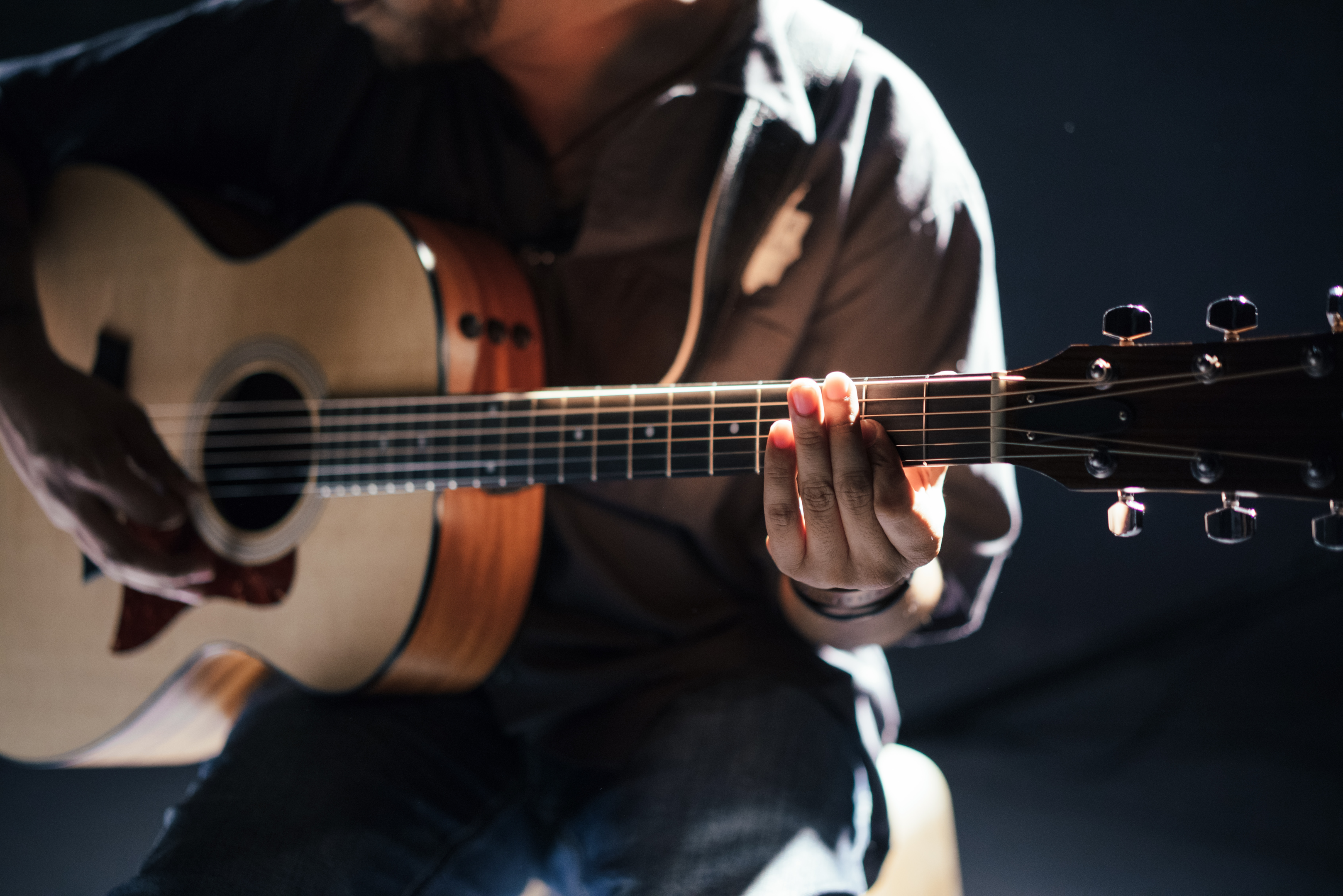
Copyright and royalties are important aspects of music licensing, and they help ensure that artists and songwriters are compensated for their work.
Copyright is a legal right that gives creators of original works, including music, the exclusive right to use and control the use of their work. This means that copyright owners have the right to decide who can perform, record, distribute, and make derivative works based on their music. Copyright protection lasts for the life of the author plus a certain number of years after their death, depending on the country's laws.
Royalties are payments made to copyright owners for the use of their music. These payments are typically made by music users, such as radio stations, streaming services, and TV networks, who want to play or broadcast the music. The amount of royalties paid depends on a variety of factors, including the type of use, the length of the use, the popularity of the licensed music itself, and the terms of the licensing agreement.
In the music licensing industry, different types of royalties can be paid, including mechanical royalties, performance royalties, and synchronization royalties. Mechanical royalties are paid to the songwriter or publisher when their music is reproduced or distributed, such as when a CD or digital download is sold. Performance royalties are paid to the songwriter or publisher when their music is performed in public, such as on the radio or in a concert. Synchronization royalties are paid when music is used in TV shows, movies, commercials, or other visual media.
Music licensing agreements can be complex, and they often involve multiple parties, such as the songwriter, publisher, record label, and music user. To ensure that all parties are properly compensated, it's important to have a clear understanding of the terms of the agreement and to work with experienced legal and financial professionals.
Additionally, performing rights organizations (PROs) are organizations that manage the rights of songwriters, composers, and music publishers. They collect royalties on behalf of their members for the public performance of their music, including on radio, television, and live performances. These organizations ensure that their members are compensated when their music is played in public and also provide a valuable service to music users by simplifying the licensing process for public performances of music.
PROs typically work with music users such as radio stations, TV networks, concert venues mastered recording others, and businesses that play music in public spaces. They negotiate licensing agreements with these users, collect the fees, and distribute the royalties to their members. Some of the major PROs include ASCAP (the American Society of Composers, Authors, and Publishers), BMI (Broadcast Music Inc.), and SESAC (Society of European Stage Authors and Composers).
PROs also play an important role in protecting the rights of their members. They monitor the use of music in public spaces and take legal action against users who do not have the necessary licenses to use the music. This helps to ensure that music creators are compensated for their work and that their rights are protected.
Overall, PROs are a crucial part of the music distribution ecosystem, helping to ensure that music creators and record labels are fairly compensated for their work and that music users have access to the music they need for their businesses and events.
Finding Music Licensing Opportunities
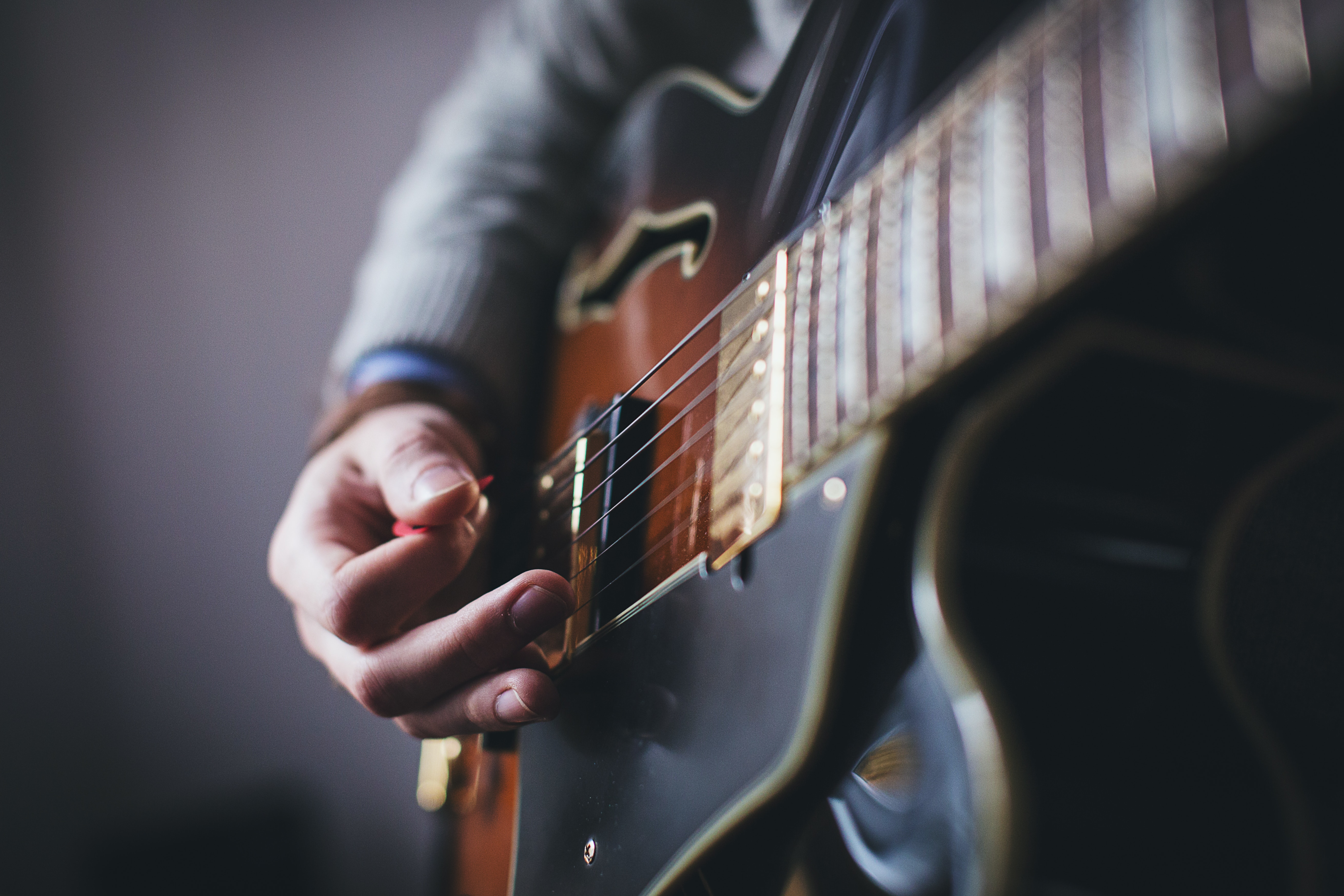
There are several ways to find music licensing opportunities:
-
Music Libraries: Music libraries are platforms that license music to various media outlets like films, TV shows, commercials, and video games. You can submit your music to music libraries like AudioJungle, Pond5, and Getty Images Music, among others.
-
Music Licensing Companies: Several music licensing companies help musicians license their music to different outlets. Some of these companies include Musicbed, Marmoset, and Songfreedom.
-
Social Media: Social media platforms like TikTok, Instagram, and Facebook have become popular channels for musicians to get their music discovered by a wider audience. Many media companies and production houses use these platforms to find music for their projects.
-
Industry Conferences: Attending music industry conferences like SXSW, MIDEM, and Music Biz can provide great opportunities for networking with music supervisors, producers, and other industry professionals.
-
Direct Outreach: You can also try reaching out to companies, producers, and directors directly to see if they have any upcoming projects that require music.
In summary, submitting your music to music libraries, using music licensing companies, leveraging social media platforms, attending music industry conferences, and direct outreach to music supervisors can all help you find music licensing opportunities.
Submitting Music For Licensing
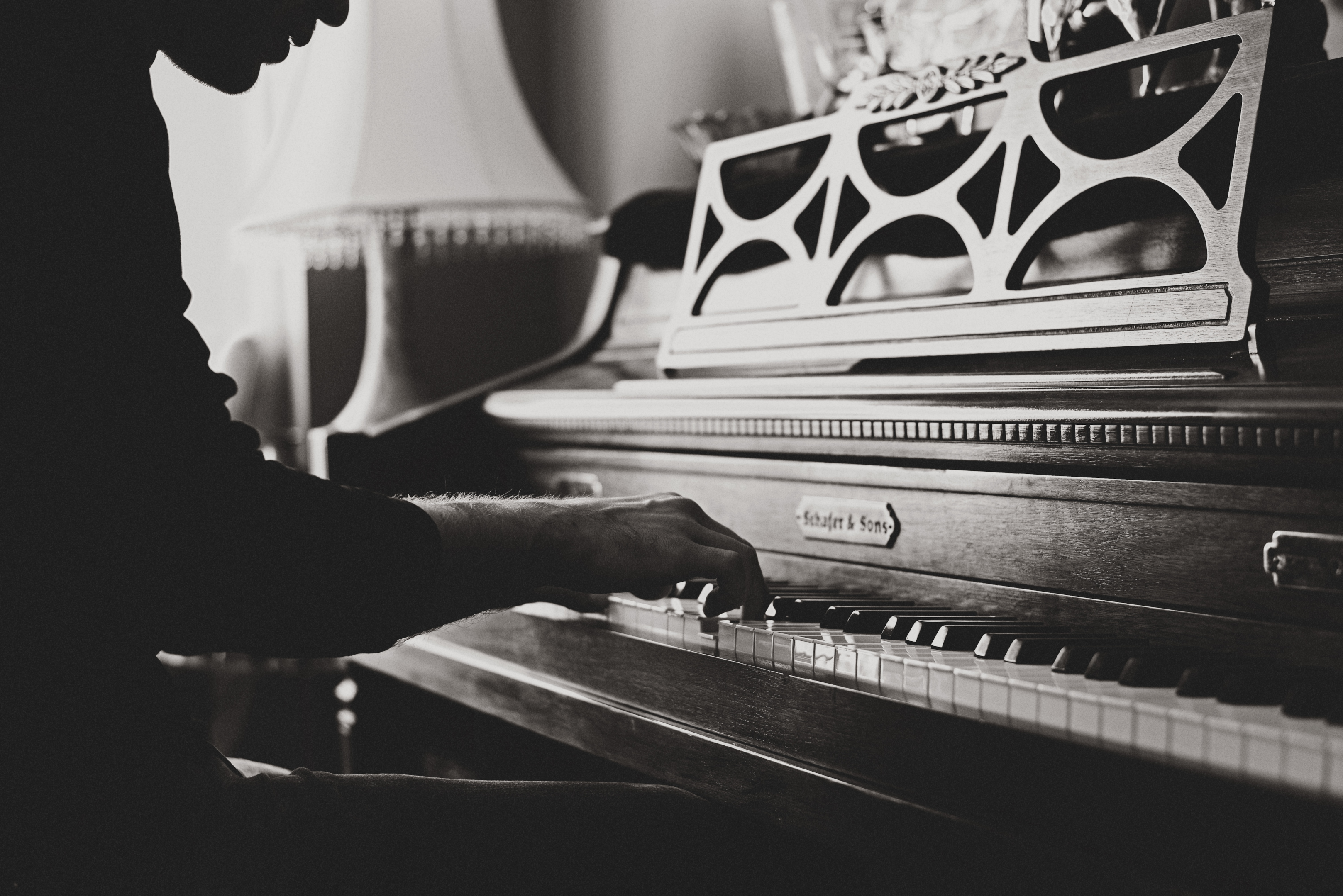
If you're an artist or musician looking to submit your music for licensing, there are a few steps you can take:
-
Research Music Licensing Companies: Many companies specialize in music licensing, so you'll want to do some research to find the ones that are the best fit for your music.
-
Prepare Your Music: Before submitting your music, make sure it's properly recorded, mixed, and mastered. You'll also want to make sure you have all the necessary rights to your music.
-
Create A Demo Reel: A demo reel is a collection of your best tracks that you can use to showcase your music to potential licensees. You can also create different versions of your demo reel for different genres or types of projects.
-
Submit Your Music: Once you've identified the music licensing companies you want to work with, you can submit your music through their website or by emailing them directly. Make sure to follow their submission guidelines and include any relevant information, such as your contact information and the rights you have to your music.
-
Follow-Up: It's always a good idea to follow up with the licensing companies you've submitted your music to. You can send a polite email to inquire about the status of your submission and whether they need any additional information from you.
Remember that the music licensing process can be competitive, so don't get discouraged if you don't hear back from every first licensing company that you submit your music. Keep submitting your music and promoting it through social media and other channels, and eventually, you'll find the right opportunity for your music to be licensed.
Negotiating Music Licensing Deals
Negotiating music licensing deals can be a complex and nuanced process. Here are some general tips that may be helpful:
-
Understand The Terms: Before entering into any negotiation, it's important to understand the terms of the licensing agreement you're seeking. What rights are you looking for? How long do you need them for? What's the proposed compensation structure? Having a clear understanding of these terms can help you negotiate more effectively.
-
Know Your Leverage: Negotiating music licensing deals often involves a power dynamic between the licensor (the entity that owns the rights to the music) and the licensee (the entity seeking the license). It's important to understand what leverage you have in the negotiation. For example, if the licensor's music is in high demand and there are few alternative options, they may have more leverage than you. Conversely, if you are a large media company with a lot of bargaining power, you may have more leverage.
-
Be Prepared To Compromise: Negotiations often involve give-and-take, so be prepared to compromise on certain terms if it means getting a deal done. Consider what terms are most important to you and be willing to give ground on less critical issues.
-
Build Relationships: In any negotiation, building a positive relationship with the other party can go a long way. Be respectful and professional, and try to find common ground where possible. This can help build trust and make it easier to find mutually beneficial solutions.
-
Work With Legal Counsel: Finally, it's important to work with legal counsel who specializes in music licensing to ensure that your interests are protected and that the licensing agreement is legally sound. They can also help you navigate any potential pitfalls or areas of ambiguity in the negotiation process.
Music Licensing For Different Platforms
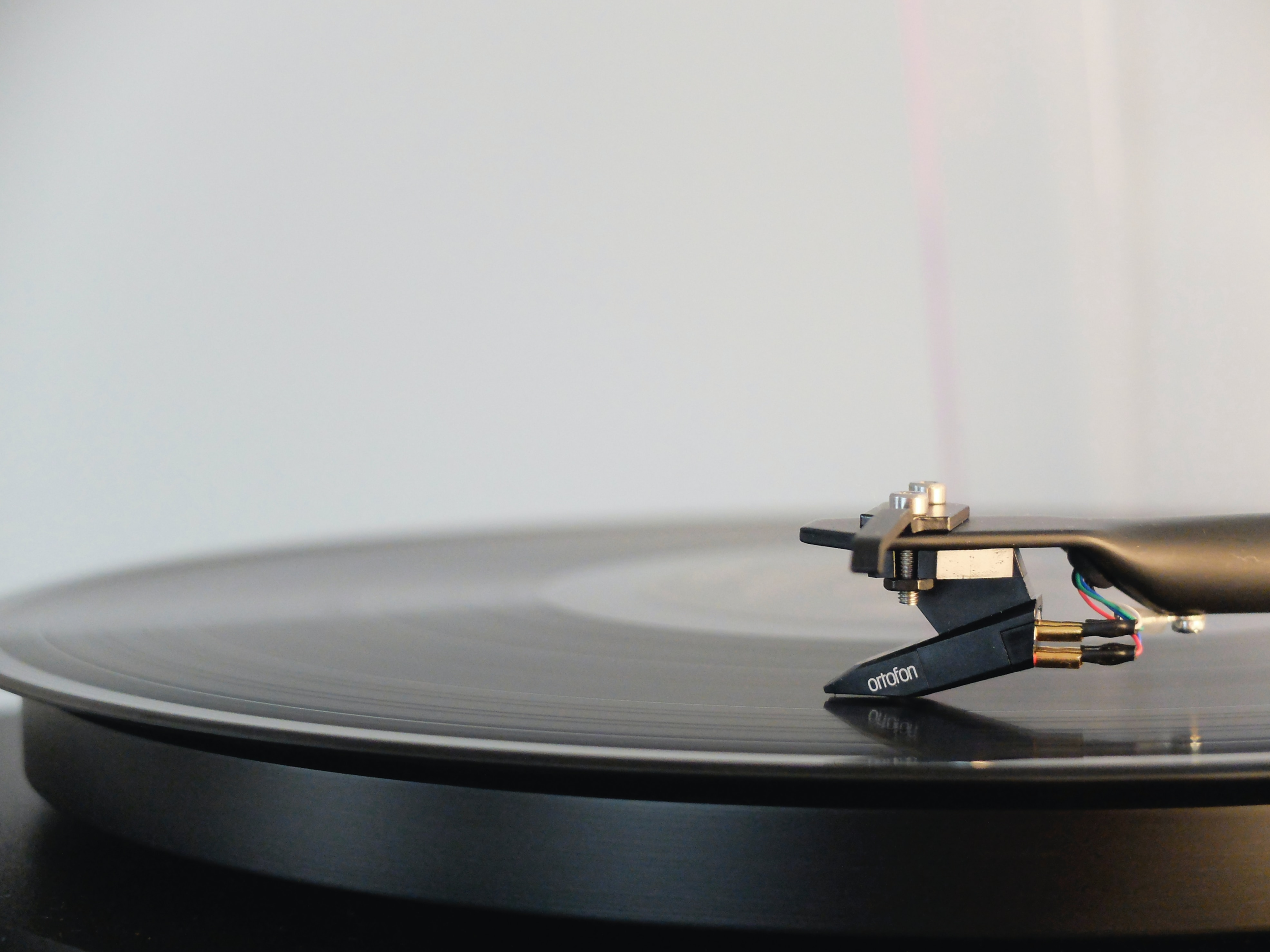
Music licensing is the process of obtaining permission from the owner of a musical composition or sound recording to use their work in various contexts, such as in films, TV shows, video games, advertisements, and online platforms.
Different platforms have different requirements and licenses that need to be obtained to use music legally. Here's a brief overview of music licensing for different platforms:
-
Film And TV: To use music in a film or TV show, you need to obtain a synchronization license (or sync license) from the owner of the musical composition. This license allows you to synchronize the music with the visual content. You'll also need a master use license if you want to use a specific recording of the composition.
-
Video Games: Video game developers typically need to obtain a synchronization license for the musical composition and a master-use license for the recording they want to use. They may also need to obtain a public performance license if the game allows for online gameplay.
-
Advertisements: Advertising agencies typically need to obtain a synchronization license for the musical composition and a master use license for the recording they want to use. They may also need to obtain a public performance license if the advertisement is being broadcast on television or radio.
-
Online Platforms: Online platforms such as YouTube and Twitch have their own licensing requirements. They often require creators to obtain a license from the owner of the musical composition and the recording they want to use. Some platforms offer music libraries that creators can use for free, but they may have restrictions on how the music can be used.
It's important to note that different countries have different laws and regulations when it comes to music licensing.
It's always a good idea to consult with a legal professional to ensure that you're using music legally and have obtained all necessary licenses.
Music Licensing And Revenue Streams
Music licensing can be a significant source of revenue for musicians, songwriters, and music publishers. When someone wants to use a copyrighted musical composition or recording in a commercial context, they must obtain permission and pay for a music license to do so.
Maximizing Your Revenue From Music Licensing
Maximizing revenue from music licensing can be a complex process, but there are a few strategies that can help increase your earnings.
Here are some tips:
-
Register Your Music With A Performing Rights Organization (PRO): PROs such as ASCAP, BMI, and SESAC collect royalties for public performances of your music, such as when it's played on the radio, TV, or in public places. Registering your music with a PRO ensures that you'll receive your fair share of these royalties.
-
Work With A Reputable Music Licensing Agency: A licensing agency can help you place your music in film, TV, and other media, and negotiate licensing deals on your behalf. Look for an agency with a good reputation and a track record of success in your genre.
-
Create A Diverse Portfolio Of Music: The more music you have available for licensing, the more opportunities you'll have to generate revenue. Create a diverse portfolio that showcases your range and versatility as an artist.
-
Focus On Quality Over Quantity: While it's important to have a diverse portfolio, it's even more important that your music is of high quality. Make sure your tracks are well-produced, well-written, and well-performed.
-
Network And Build Relationships: As with any industry, networking is key to success in music licensing. Attend industry events, connect with other artists and industry professionals on social media, and build relationships with music supervisors and licensing agents.
-
Be Strategic About Your Placements: While it can be tempting to license your music to anyone who's interested, it's important to be strategic about where your music is placed. Consider the context of the placement, the audience, and the potential exposure and revenue generated from the deal.
By following these tips, you can increase your chances of maximizing your revenue from the music licensing company.
The Wrap-Up
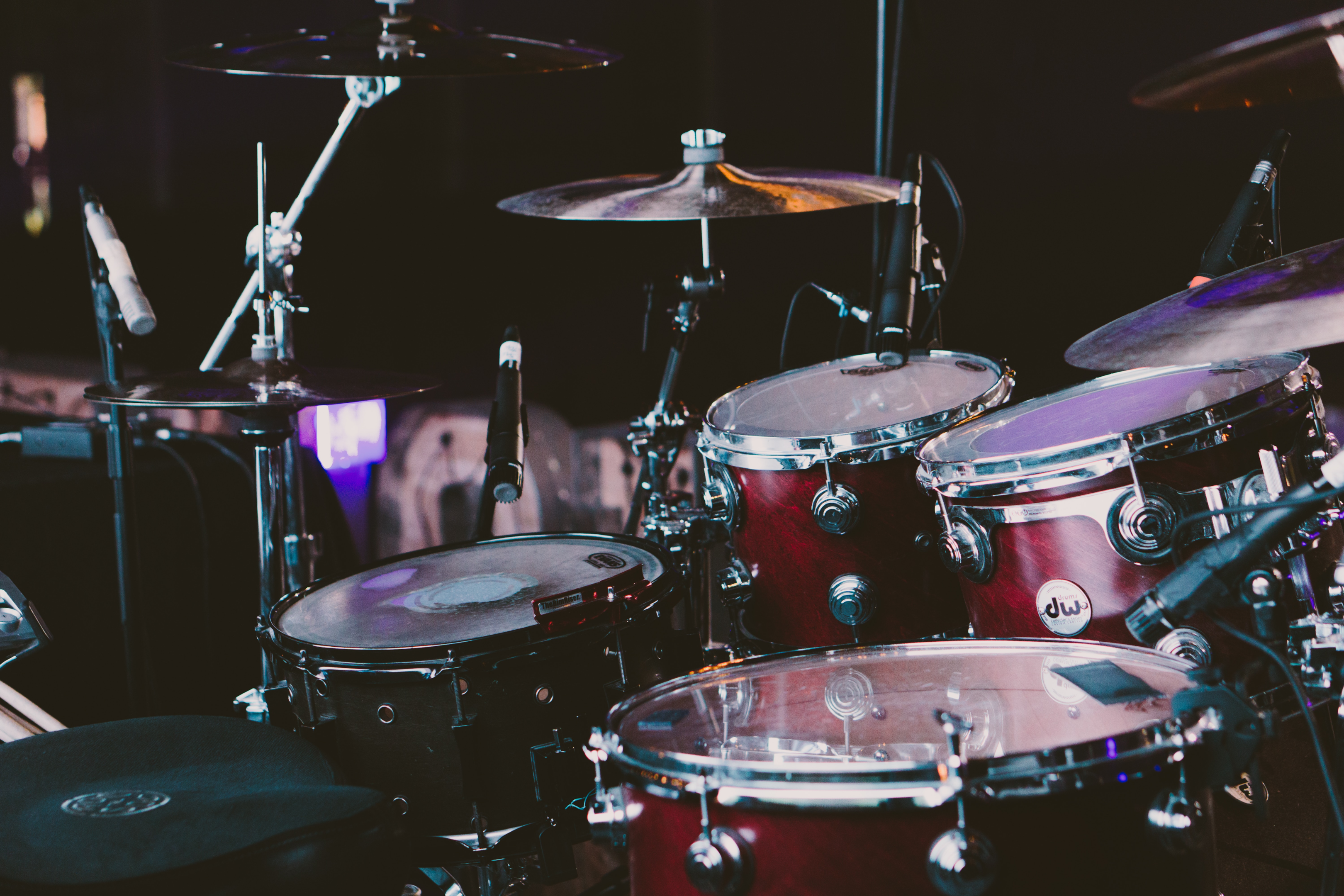
Music licensing can be a complex process, but with the right knowledge and approach, you can earn money from your own music, while retaining creative control.
As an independent artist, licensing your music can lead to new opportunities and exposure.
Remember to copyright your music, choose the right licensing agency, create a licensing plan, submit your three best music licensing companies, and negotiate the license terms.
Get your music on playlists now.
It’s time you get your exposure and listeners up - playlisting by Boost Collective has been trusted by 50,000+ artists worldwide.
It’s easy: Search your song, get on playlists, and track your campaign.
What’re you waiting for? Tap in - and get added to playlists in 24 hours.
Join Boost Collective for free here.
